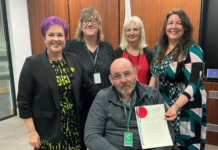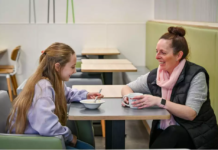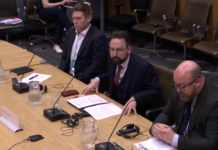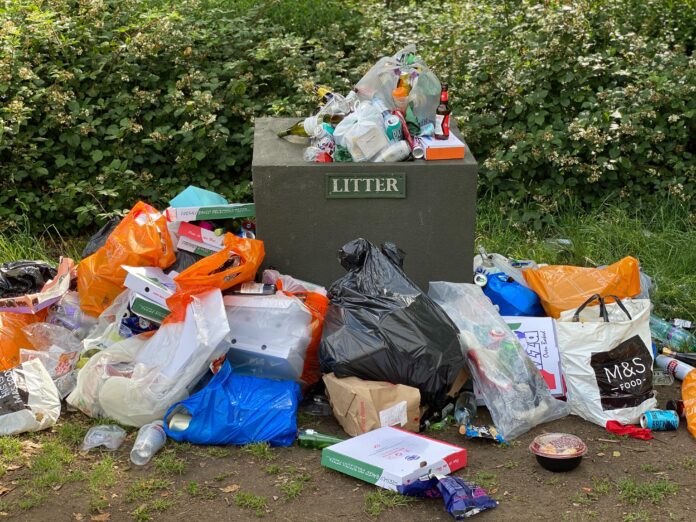Since 2019, councils have had the authority to issue FPNs for fly-tipping, and the maximum amount that a person can be fined depends on the council. Barratt Homes asked councils across the UK how many fixed penalty notices they issued between the dates of 25th December – 29th January (a five-week period), in 2019, 2020, 2021 and 2022. With 5 councils responding, Barratt Homes then ranked them and offered tips on how to navigate welsh recycling habits.
| Rank | Council in Wales | Fines in £ issued between dates given |
| 1 | Vale of Glamorgan Council | £1,600 |
| 2 | Cyngor Gwynedd Council | £1,200 |
| 3 | Newport City Council | £800 |
| 4 | Cardiff Council | £400 |
| 5 | Isle of Anglesey County Council | £75 |
Vale of Glamorgan issued the most fines when it came to fly-tipping offences
Vale of Glamorgan Council issued 4 FPNs (Fixed Penalty Notices) for fly-tipping over a five-week period from 25th December – 29th January in the years 2019, 2020 and 2021. The FOI (Freedom of Information) request also revealed that in the five-week period between 25th December 2020 and 29th January 2021, the council issued the most fines at a total of two. One fine was issued between December 2019 and 29th January 2020, and another fine was issued between December 2021- January 2022. Each fine was £400, and all fines were paid within a 14-day period, meaning the council accrued all £1,600 worth of fines.
Across the three periods, Cyngor Gwynedd Council issued 4 FPNs. The total of these fines were £1,200 and all fines were paid on time.
Newport City Council issued 2 FPNs, totalling up to £800. Both fines were issued in 2019-2020 for a total of £400 and were both paid on time.
Cardiff Council issued 1 FPN totalling £400. This fine was issued between 2019-2020 and was paid on time.
Isle of Anglesey County Council issued one FPN at £75. This was paid on time.
Gareth Rondel, head of sustainability delivery at Barratt Homes, also reveals top tips for helping people to better navigate their recycling habits at home:
“Create a simple recycling system. Recycling doesn’t have to be complicated and can be made simpler by implementing an easy-to-follow recycling system. Start by locating a suitable place to store your recycling in the home, this could be either in a bag, a box, or a bin. Keep the container next to the general waste bin to remind everyone that items should be recycled, and it’s just as easy to do this as binning them.
“It’s essential to understand exactly which items can be recycled, and this information is easily found on local council websites and often on the recycling bins they provide. Identifying which items can be recycled is one of the most important steps in becoming a more recycling-friendly household. Local council websites publish information regarding the items recycled in that area, together with familiarising yourself with the different colour bins provided for your household, as these are assigned to different recycling groups.
“One thing to note is that recycling is collected on different days, so it’s important to check with your local council which day the collections take place. Your local council website will host a wide range of information on recycling, and in particular, which days recycling is collected in your local area. Familiarise yourself with your local collection times, make a note of these and keep it in a place that is visible to the entire household.
Fitting recycling into your lifestyle is one of the best ways to remain on track with your recycling habits. Whether it’s taking the recycling out to be emptied on the way to the supermarket, or as you’re about to embark on the school run. This means you can fit recycling around your work and personal life, and your children can learn whilst you do so.
“Sustainability and becoming more eco-friendly has never been more important, with households around the UK striving to contribute towards a greener planet.
By becoming more mindful of what and how we are recycling, a small change in household behaviour can make a huge difference across the nation. Our study highlights the areas of recycling that Brits are unfamiliar with and, from this, we can work to educate ourselves on how we can improve our recycling habits.”
Credit to: https://www.barratthomes.co.uk/advice-and-inspiration/how-to-recycle-goods-after-christmas/
Help keep news FREE for our readers
Supporting your local community newspaper/online news outlet is crucial now more than ever. If you believe in independent journalism, then consider making a valuable contribution by making a one-time or monthly donation. We operate in rural areas where providing unbiased news can be challenging. Read More About Supporting The West Wales Chronicle
























